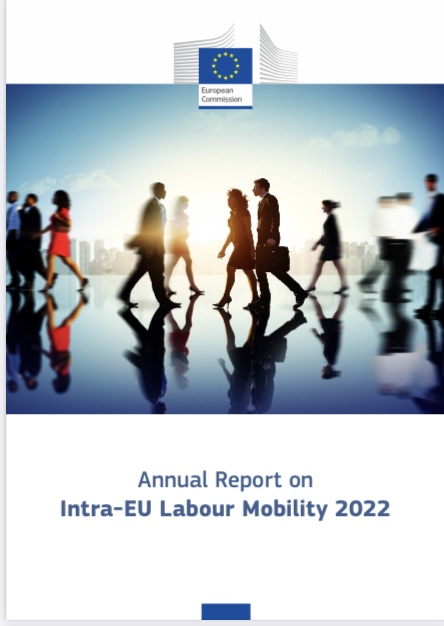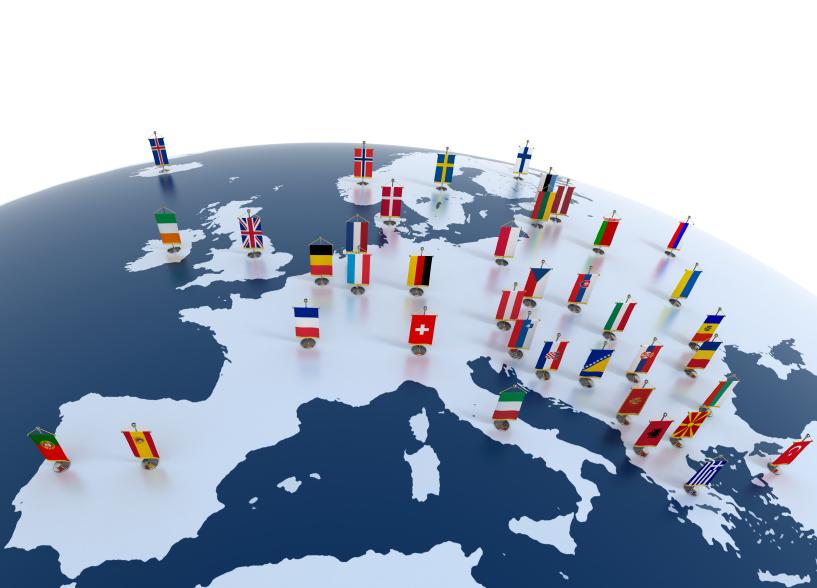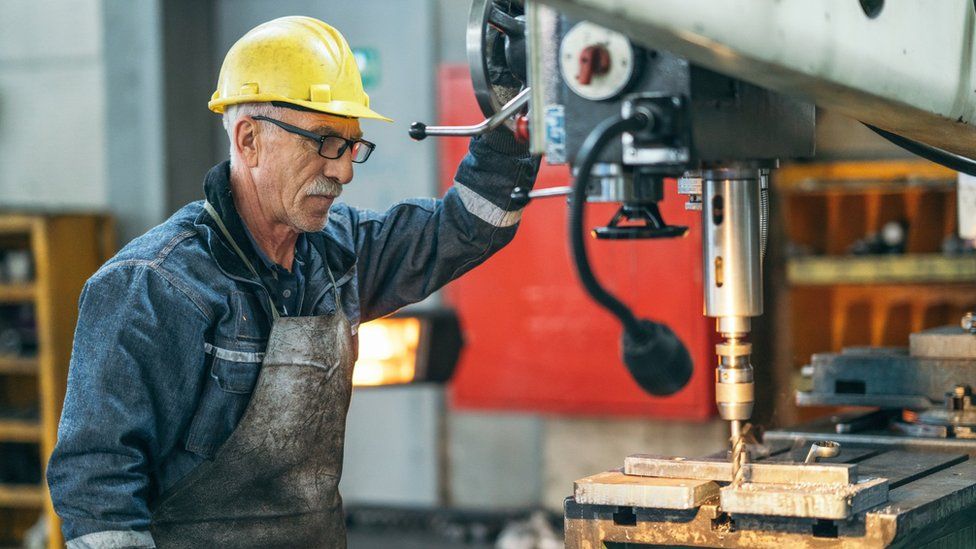Annual report on intra-EU labour mobility 2022 published
By European Commission Irrespective of the pandemic, the number of working age EU citizens living in another Member State remained stable, at 10.2 million in 2020. The number of persons moving, however, declined in line with the restrictions imposed because of the pandemic. With the pandemic phasing out, we expect that these figures will return to pre-Covid-levels. The labour market performance of mobile workers has, following a Covid-induced dip in 2020, again reached 74%, i.e. the same level as for nationals....










